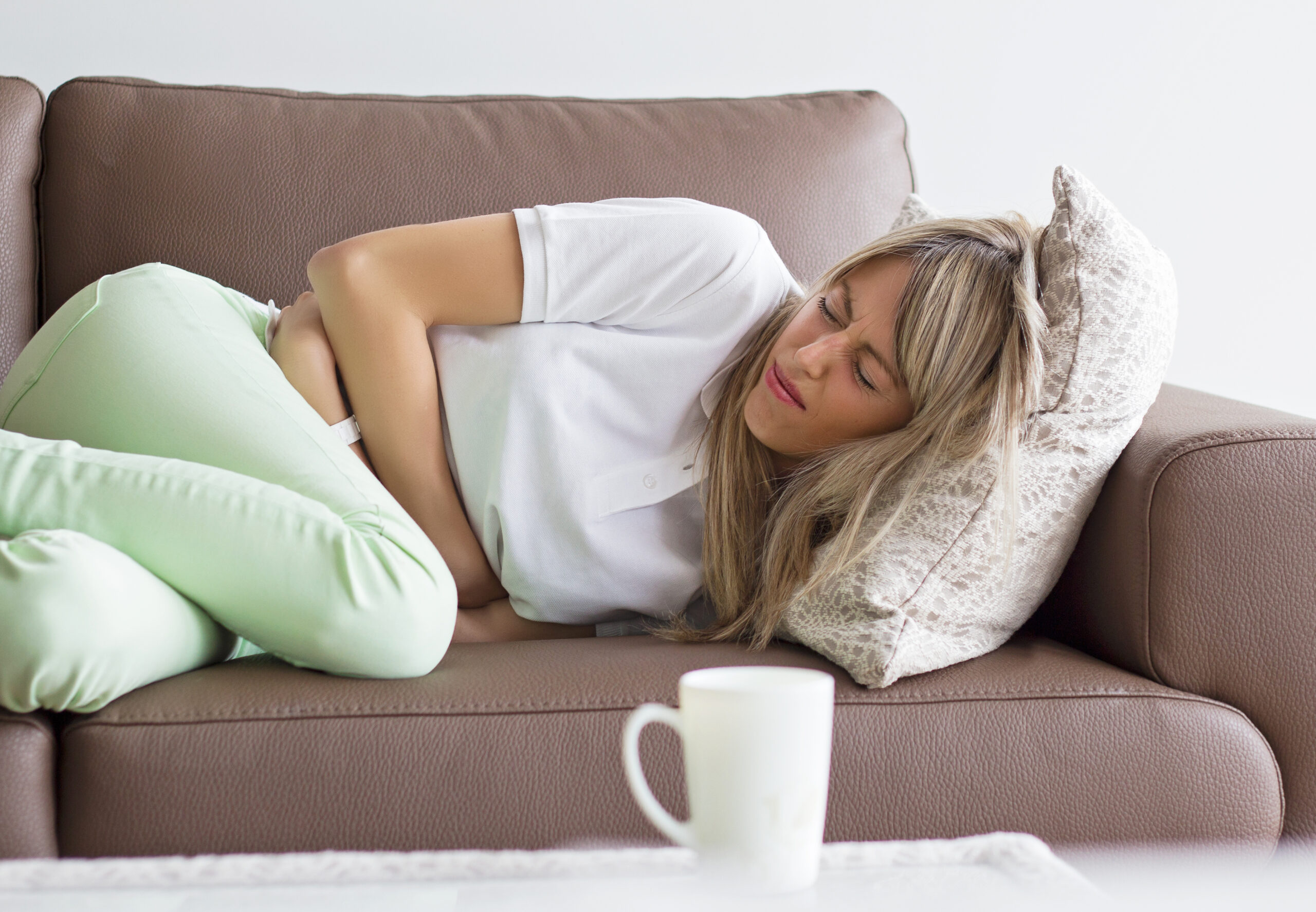
In the UK alone, 1.5 million women struggle with the symptoms of endometriosis. From debilitating pain, to potential fertility issues, the impact on women’s lives can be profound. But for many women the journey to diagnosis can be a long one taking many years. As it’s Endometriosis Awareness Month we thought we would give our expert advice on the condition to help women who are asking themselves “Do I Have Endometriosis?”. This blog will help you understand the symptoms, how to get tested, and what treatments are available to you.
Firstly what is endometriosis and why does it occur?
Endometriosis is a disorder that affects women and girls of child bearing age. It is a painful condition where the tissue found in the lining of the uterus, known as the endometrium, grows outside of it rather than inside. This can lead to severe pain, especially during menstruation. The tissue can grow on the ovaries, fallopian tubes, bladder, bowel and pelvic area and can cause fertility problems.
The cause of the chronic condition is still not fully known. There can be a number of contributing factors such as genetics, immune system disorders and what is known as retrograde menstruation. This is where menstrual blood flows backward through the fallopian tubes into the pelvic cavity. The tissue then implants and grows in the areas outside the uterus.
The severity and symptoms of the condition can vary widely in each woman, which makes it so difficult to diagnose. Often women will go undiagnosed for years, putting up with painful symptoms before finally getting the right treatment. That’s why it’s so important to understand the signs and seek professional help as soon as you can to manage the condition.
“Do I have endometriosis?”
As explained, endometriosis is a complex condition that is often mistaken for severe period pain. But there are many different symptoms that may mean that you have the condition:
For me this involves:
- Painful menstrual cramps known as dysmenorrhea.
- Chronic pain in the back or pelvis area which can vary from mild to severe.
- Menstrual irregularities, this can include heavy periods, irregular periods, or bleeding between periods.
- Pain during or after intercourse.
- Painful bowel movements or urination, endometrial tissue can sometimes affect the bowel or bladder, leading to pain.
- Infertility, endometriosis can cause fertility issues and make it difficult to conceive. Though not all women with endometriosis will experience these issues.
- Fatigue.
- Low mood and self-esteem.
- Problems with your gut, some women may experience symptoms such as diarrhoea, constipation, bloating, or nausea, especially around the time of menstruation
While some women will experience extremely painful symptoms, many who have endometriosis will have no symptoms at all, only finding out they have the condition after getting tested when they struggle to get pregnant.
If you suspect you have endometriosis then you should get tested as soon as you can.
How do you find out if you have endometriosis?
If you are wondering “Do I have endometriosis?”, the first step towards getting a diagnosis is speaking to your GP, who will examine you and discuss your symptoms. You will then usually be referred to a gynaecologist to get tested. This may be an ultrasound, MRI scan or a laparoscopy to see if there is endometriosis tissue growing outside the uterus.
Once I have been diagnosed what are the next steps?
While receiving an endometriosis diagnosis may bring you relief as you now understand the cause of your symptoms, it can also lead to worry and distress. This is due to it being seen as a lifelong condition with no ‘cure’.
But this doesn’t mean that you should despair as a diagnosis empowers you to seek the right treatment and take control of your symptoms.
For the condition there are several treatment options available to you, including pain relief, hormone therapy and surgery to remove the excess endometrial tissue. All can help to alleviate your symptoms and improve your overall quality of life.
At Marion Gluck, we specialise in hormone replacement therapy tailored specifically for women with endometriosis.
Hormones play a very important factor in both the symptoms of endometriosis and its treatment therefore ensuring they are balanced is key.
The hormone estrogen can trigger and worsen your symptoms by stimulating the growth of endometrial tissue. Progesterone helps combat this by reducing the amount of estrogen in your body and is a highly effective treatment for the condition.
At Marion Gluck we provide progesterone through our bioidentical hormones replacement therapy (BHRT). It works by helping to regulate the amount of estrogen in your body to ensure that your symptoms are effectively managed.
Bioidentical hormones are naturally derived from plants and have the same chemical structure as the hormones found in the body. That’s why for many women it’s the preferred choice to treat their endometriosis compared to more synthetic hormone therapies that are available.
“No one should be stuck dealing with endometriosis and Endometriosis Awareness Month is the perfect time to take control of your health and get the treatment you deserve. We understand that there’s no one-size-fits-all approach to endometriosis. That’s why we conduct consultations and appropriate testing to determine the best course of action for each individual.”
Dr Shashi Prasad



